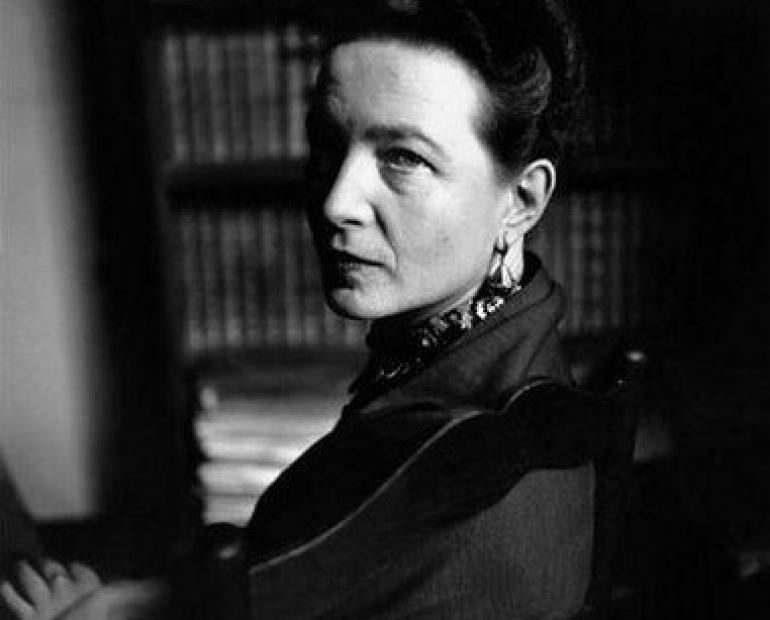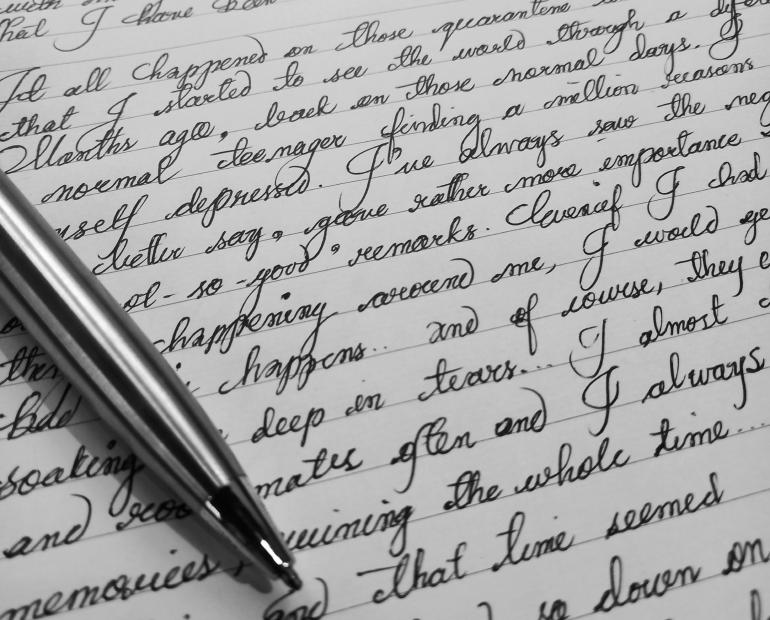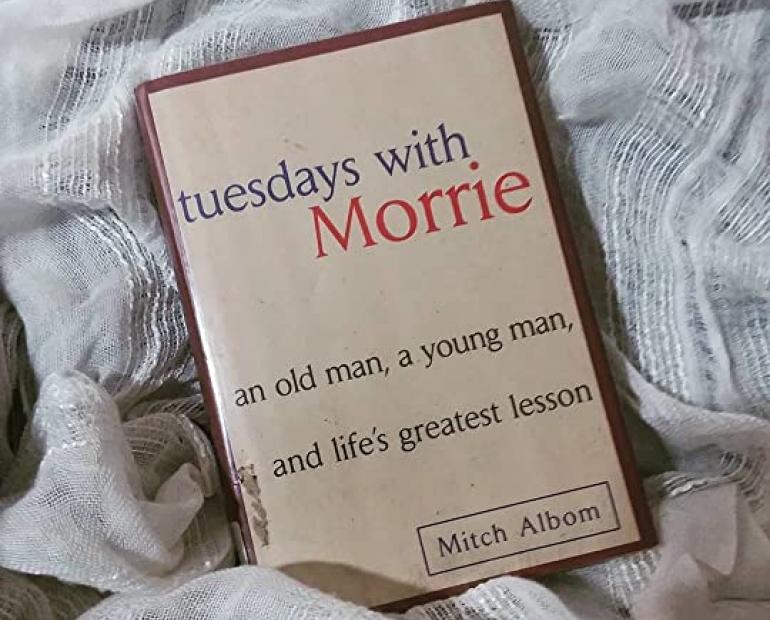
The last time I read for leisure was three or four days ago. I can’t remember the second to last time I opened a book for the pure sake of inhaling its scent, of imbibing the voices of people far removed from my life, of feeling the day’s stress leak into the pages.
The book was My Sister’s Keeper—a powerful, devastating novel by Jodi Picoult. I had reread it a while ago, but hadn’t touched the book ever since. My Sister’s Keeper describes the complicated lives of seven related characters, and subtly revolves around Kate Fitzgerald, a youngster diagnosed with an aggressive form of cancer. In each chapter, Picoult speaks from the perspective of a different person, and seamlessly alters her tone and language to fit the new person’s thought process. She impeccably encapsulates the grief experienced by a mother whose child is terminally ill, the rage experienced by an eighteen-year-old who is constantly neglected at home, and the loneliness of a lawyer who decides to take on an unconventional case, among so many others.
I found myself absorbing Picoult’s words as I had never done before. It was as if my mind were devouring each word one at a time, and storing it in the part of my brain that hankers to escape the issues and monotony of my daily routine. And it’s not because I remotely believe that I have a harder life than the characters in this novel (in fact, I appreciate my privileges and happiness all the more after reading her book). It’s because it reminds me that I and my problems are not at the center of the world. I know that, but I still need to be reminded of it every now and then.
Reading for leisure reminds me of one of my favorite words: sonder, the realization that each random passerby is living a life as vivid and complex as your own (Source: The Dictionary of Obscure Sorrows). Most teenagers are so enmeshed in their school work, social life, activities, and personal issues that they often forget to look out the window and realize that every other person is dealing with similar, if not more serious, problems. Every student has worried about their grades or a looming deadline. A majority of the youngsters compare themselves to their peers—and hence grapple with feelings of inferiority. Most teenagers are struggling to figure out who they are and why they’re doing what they do.
And these are just teenage problems. What about those that lie ahead?
Every time I read My Sister’s Keeper, I realize how lucky I am. Books can shatter the protective glass that coats our eyes, heal our tunnel vision, and make us realize that the world is infinitely larger than what we had originally thought. They give us insights into the thoughts and rationales of characters we’ve never meet in real life. And, well, they put our lives into perspective. I had distanced myself from novels (that is, novels not required for my English class) for a few months, and had hence lived in my own bubble. That bubble would burst upon reading the news, but would heal itself once more (it would take much longer in some cases, less in others). But My Sister’s Keeper, with its striking characters and devastating storyline, has successfully extricated me from my glass cage. I can appreciate the word ‘sonder’ once more.
Another one of my favorite books (my favorite book, actually!) is The Book Thief, by Markus Zusak. Narrated by Death and set during World War II, The Book Thief follows the life of a young girl (Liesel Meminger) and her discovery of the power of books. It’s another one of those books that can’t be forgotten easily—because of its unique narrator, the horrific and cutting nature of its backdrop (it’s set during the brutal Nazi regime), and its ultimate message of love and hope. Since it is narrated by Death, there is a dark undercurrent that pervades the book: as well as the constant reminder that regardless of who we are, our ends will be the same.
Now, I’ve decided to read for the sole sake of reading, for at least 2-3 hours every week: whether it’s rereading The Giver or breaking into the chapbook of poetry that was recently mailed to me. I want to meet new characters, reunite with old ones, form new connections, and learn more about the world we live in. I want to feel the author’s words puncture my soul, stimulate my mind, and add more meaning to who I am and what I want to be. I refuse to be confined by the glass dome that shelters me every now and then. I want to look at my surroundings for what they really are: raw, energetic, and charged with emotion.
And I can do this by picking up a book.






